Premium Only Content
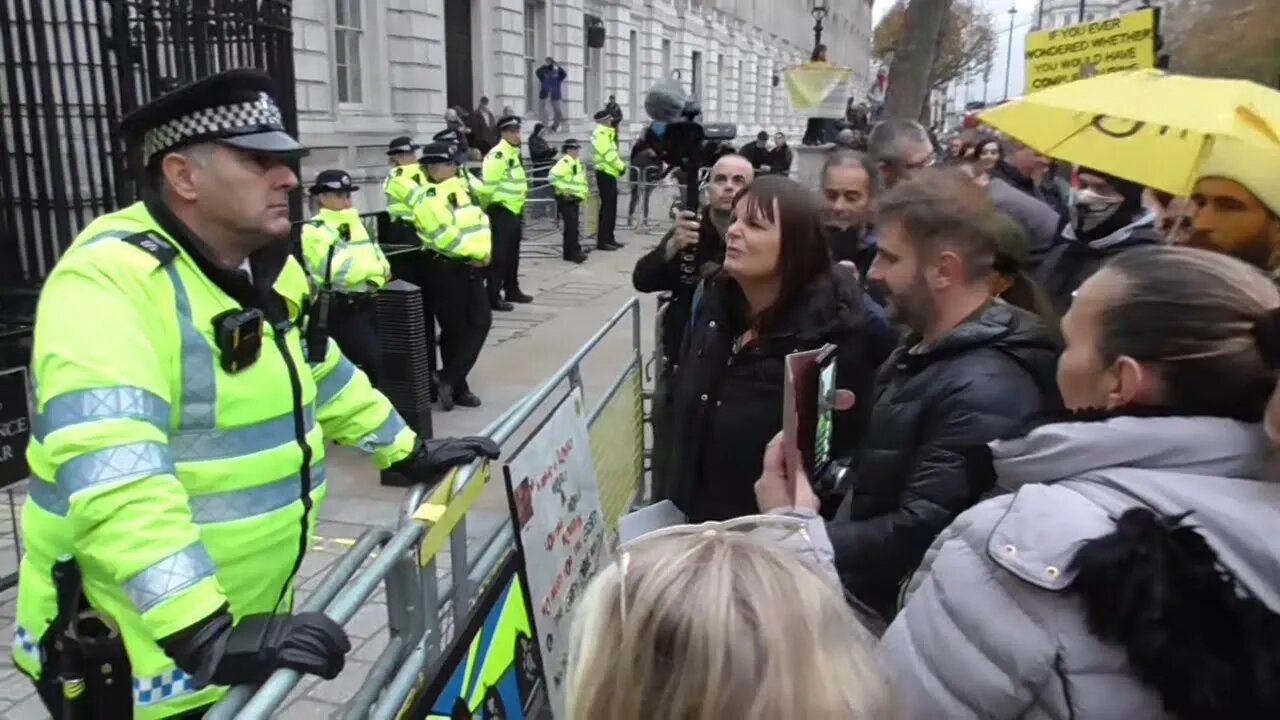
EVERY PART OF YOUR UNIFORM IS MASONIC #WORLDWIDEFREEDOMRALLY 20/11/21
#metpolice #worldwidefreedomrally #vaccinepassport FROM HYDE PARK TO THE AUSTRIAN EMBASSY THE VETRANS OUT IN FRONTAGAINST NO VACCINE PASSPORTS NO MANDATORY VACCINES The Masonic lodge is the basic organisational unit of Freemasonry.[2] The Lodge meets regularly and conducts the usual formal business of any small organisation (approve minutes, elect new members, appoint officers and take their reports, consider correspondence, bills and annual accounts, organize social and charitable events, etc.). In addition to such business, the meeting may perform a ceremony to confer a Masonic degree[3] or receive a lecture, which is usually on some aspect of Masonic history or ritual.[4] At the conclusion of the meeting, the Lodge may hold a formal dinner, or festive board, sometimes involving toasting and song.[5]
The bulk of Masonic ritual consists of degree ceremonies conferred in meetings guarded by a "Tyler" outside the door with a drawn sword to keep out unqualified intruders to Masonry. (This officer, the Tyler, is necessarily senior because at the door he may hear the highest degree ceremonies, and often a less affluent elderly Mason is offered the office to relieve his need for Masonic company, refreshments and/or fees, without having to pay a subscription. He takes minor parts at the door of all meetings and ceremonies.) Candidates for Freemasonry are progressively initiated into Freemasonry, first in the degree of Entered Apprentice. At some later time, in separate ceremonies, they will be passed to the degree of Fellowcraft; and then raised to the degree of Master Mason. In each of these ceremonies, the candidate must first take the new obligations of the degree, and is then entrusted with secret knowledge including passwords, signs and grips (secret handshakes) confined to his new rank.[6]
Another ceremony is the annual installation of the Master of the Lodge and his appointed or elected officers.[3] In some jurisdictions an Installed Master elected, obligated and invested to preside over a Lodge, is valued as a separate rank with its own secrets and distinctive title and attributes; after each full year in the Chair the Master invests his elected successor and becomes a Past Master with privileges in the Lodge and Grand Lodge.[7] In other jurisdictions, the grade is not recognised, and no inner ceremony conveys new secrets during the installation of a new Master of the Lodge.[8]
Most Lodges have some sort of social functions, allowing members, their partners and non-Masonic guests to meet openly.[9] Often coupled with these events is the discharge of every Mason's and Lodge's collective obligation to contribute to charity. This occurs at many levels, including in annual dues, subscriptions, fundraising events, Lodges and Grand Lodges. Masons and their charities contribute for the relief of need in many fields, such as education, health and old age.[10][11]
Private Lodges form the backbone of Freemasonry, with the sole right to elect their own candidates for initiation as Masons or admission as joining Masons, and sometimes with exclusive rights over residents local to their premises. There are non-local Lodges where Masons meet for wider or narrower purposes, such or in association with some hobby, sport, Masonic research, business, profession, regiment or college. The rank of Master Mason also entitles a Freemason to explore Masonry further through other degrees, administered separately from the basic Craft or "Blue Lodge" degrees described here, but generally having a similar structure and meetings.[12]
There is much diversity and little consistency in Freemasonry, because each Masonic jurisdiction is independent and sets its own rules and procedures while Grand Lodges have limited jurisdiction over their constituent member Lodges, which are ultimately private clubs. The wording of the ritual, the number of officers present, the layout of the meeting room, etc. varies from jurisdiction to jurisdiction. [12][13]
Almost all officers of a Lodge are elected or appointed annually. Every Masonic Lodge has a Master, two Wardens, a treasurer and a secretary. There is also always a Tyler, or outer guard, outside the door of a working Lodge, who may be paid to secure its privacy. Other offices vary between jurisdictions.[12]
Each Masonic Lodge exists and operates according to ancient principles known as the Landmarks of Freemasonry, which elude any universally accepted definition.[14]
-
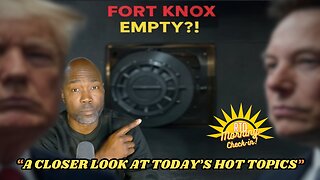 41:53
41:53
Rethinking the Dollar
59 minutes agoHype or Hope? Will THE 50-YEAR FORT KNOX GOLD SCANDAL BE EXPOSED?
5.83K1 -
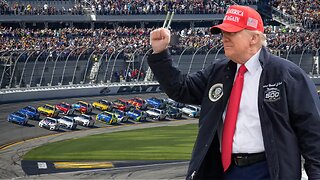 1:32:36
1:32:36
Game On!
15 hours ago $5.74 earnedPresident Trump TAKES OVER the Daytona 500!
18.7K12 -
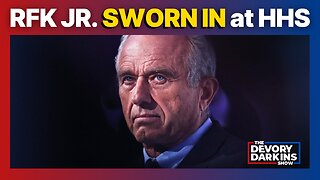 21:35
21:35
DeVory Darkins
3 days ago $25.28 earnedMitch McConnell TORCHED as Secretary of HHS is sworn in
112K188 -
 1:20:04
1:20:04
Tim Pool
4 days agoGame of Money
183K12 -
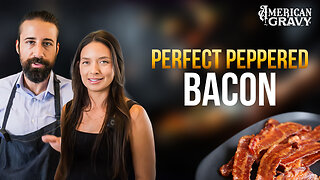 4:48
4:48
Cooking with Gruel
16 hours agoThe Perfect Bacon
24.9K3 -
 11:49
11:49
Reforge Gaming
3 hours agoXbox - Next Game on PlayStation?
17.6K4 -
 27:46
27:46
ArturRehi
1 day agoSurprise Counter-Attack in Kursk Advanced 3 Miles | French Jets Arrive | Ukraine Update
9.46K7 -
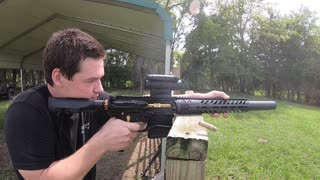 11:51
11:51
Alabama Arsenal
15 hours ago $3.32 earnedThe Silent Sledgehammer | GQ Armory 8.6BLK Paladin
52.7K1 -
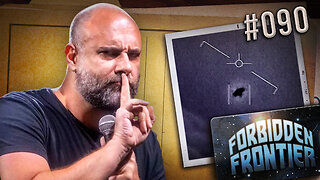 2:21:11
2:21:11
Nerdrotic
18 hours ago $39.67 earnedDown the Rabbit Hole with Kurt Metzger | Forbidden Frontier #090
196K41 -
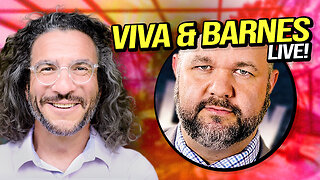 2:41:13
2:41:13
vivafrei
1 day agoEp. 251: Bogus Social Security Payments? DOGE Lawsduit W's! Maddow Defamation! & MORE! Viva & Barnes
304K314